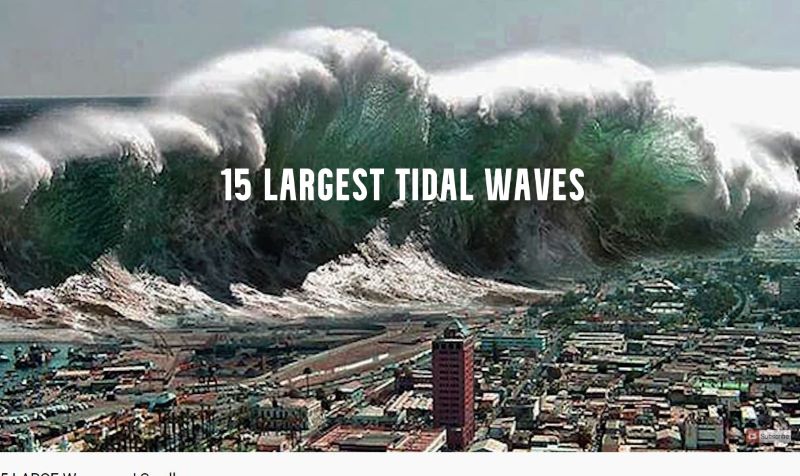
Archived from the original on 28 August 2020. ^ "Ceri Richards: 'Do not go gentle into that good night' 1956"." "Do not go gentle into that good night" in Interstellar, Back to School, and many other movies: the supercut (VIDEO)". "American rules, OK: Difference and otherness in 'Independence Day' ".

"In Memoriam Dylan Thomas: Strawinsky's Schoenbergian Technique". Archived from the original on 11 March 2022. "Thomas's Do Not Go Gentle into That Good Night". ^ a b c d Westphal, Jonathan (22 October 2015).Archived from the original on 13 October 2012. Archived from the original on 27 November 2012. ^ "Dylan Thomas: Do Not Go Gentle Into That Good Night".^ "Collected Poems 1934-1952 by Thomas, Dylan".He took his family to Italy, and while in Florence, he wrote In Country Sleep, And Other Poems (Dent, 1952), which includes his most famous poem, "Do not go gentle into that good night." The poem has also been referenced in other media: "Do not go gentle into that good night" was the inspiration for three paintings by Swansea-born painter and print-maker Ceri Richards, who drew them in 1954, 1956, and 1965 respectively.

and Interstellar (2014, where the poem is used repeatedly by Michael Caine's character Professor John Brand, as well as by several other supporting characters. The poem or snippets from or references to it turn up from time to time in films, including Independence Day (1996), where the American President vows to fight the invaders with "We will not go quietly into the night").
INTO THE WAVES OF THE NICHT FULL
The poem is read in full by Iggy Pop as the ninth track on his 2019 album Free. It is the subject of a 1979 tone poem for wind ensemble by Elliot del Borgo entitled Do Not Go Gentle into That Good Night, and was set to orchestral music by John Cale for his 1989 album Words for the Dying. "Do not go gentle into that good night" was used as the text for Igor Stravinsky's In Memoriam Dylan Thomas (Dirge-Canons and Song) for tenor and chamber ensemble, which was written soon after Thomas's death and first performed in 1954. In his 2014 "Writers of Wales" biography of Thomas, Davies disagrees, instead believing that the imagery is in more allusive in nature, and that it "clearly evokes both King Lear on the heath and Gloucester thinking he is at Dover Cliff." Use and references in other works Westphal writes that the "sad height" Thomas refers to in line 16 is "of particular importance and interest in appreciating the poem as a whole." He asserts that it was not a literal structure, such as a bier, not only because of the literal fact that Thomas' father died after the poem's publication, but also because "it would be pointless for Thomas to advise his father not to 'go gentle' if he were already dead ." Instead, he thinks that Thomas' phrase refers to "a metaphorical plateau of aloneness and loneliness before death". "This is obviously a threshold poem about death", Heaney writes, and Westphal agrees, noting that " is advocating active resistance to death." Heaney thinks that the poem's structure as a villanelle " upon itself, advancing and retiring to and from a resolution" in order to convey "a vivid figure of the union of opposites" that encapsulates "the balance between natural grief and the recognition of necessity which pervades the poem as a whole." While this poem has inspired a significant amount of unique discussion and analysis from such critics as Seamus Heaney, Jonathan Westphal, and Walford Davies, some interpretations of the poem's meaning is under general consensus. In the final stanza, the speaker implores their father, whom they observe upon a "sad height", begging him to "Curse, bless, me now with your fierce tears", and reiterates the refrains once more.

In the first stanza of "Do Not Go Gentle", the speaker encourages their father not to "go gentle into that good night" but rather to "rage, rage against the dying of the light." Then, in the subsequent stanzas, they proceed to list all manner of men, using terms such as "wise", "good", "wild", and "grave" as descriptors, who, in their own respective ways, embody the refrains of the poem.


 0 kommentar(er)
0 kommentar(er)
